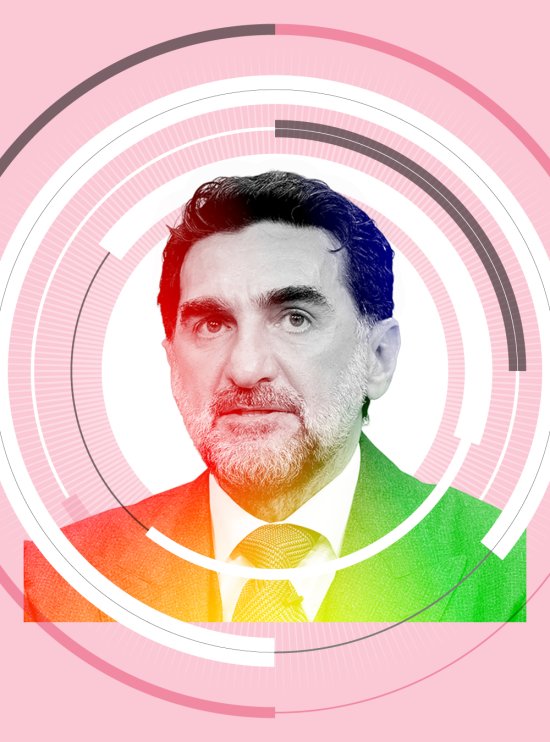
Saudi Arabia’s Public Investment Fund (PIF) reportedly plans to create a $40 billion fund for investing in AI, potentially in collaboration with venture capital firm Andreessen Horowitz. The proposed fund dwarfs typical venture capital investments and transforms the Middle Eastern country into one of the largest state-funders of AI. The move came a month after the PIF’s announcement of a new $100 billion fund for semiconductors and related industries, as the country seeks to diversify its economy from oil.
“We are fairly well positioned to be an AI hub outside of the US,” the PIF’s governor, Yasir al-Rumayyan, said last February, citing the country’s funding capacity and energy resources.
[time-brightcove not-tgx=”true”]Al-Rumayyan, a close ally of Crown Prince Mohammed bin Salman, has spent almost a decade pushing the fund into tech, beginning with a $3.5 billion investment in Uber in 2016, one of the largest foreign state investments in a startup ever.
PIF’s relationship to Silicon Valley grew closer with its announcement of Neom in 2017, a plan to build 10 futuristic smart cities with the help of top tech executives, including Sam Altman, Marc Andreessen, and Travis Kalanick. But relationships between tech executives and the fund soured after a controversial anti-corruption crackdown that targeted the country’s elites in late 2017, and the murder of journalist Jamal Khashoggi in a Saudi embassy in 2018.
But the expensive and energy-hungry AI boom is fueling a shift once more towards the PIF. In late 2023, OpenAI’s CEO Sam Altman, who previously renounced his position on Neom’s advisory board in response to Khashoggi’s murder, reportedly met with the PIF seeking investment for a new AI chip venture. And years after initial negotiations seemingly cooled, Amazon made a dramatic re-entry into Saudi Arabia’s tech landscape in March, pledging more than $5.3 billion to build data centers in the country.
Correction, Sept. 9
The original version of this story misstated the investment budget of the PIF’s new fund for semiconductors and related industries. The budget is $100 billion, not $100 million.
*Disclosure: OpenAI and TIME have a licensing and technology agreement that allows OpenAI to access TIME’s archives.